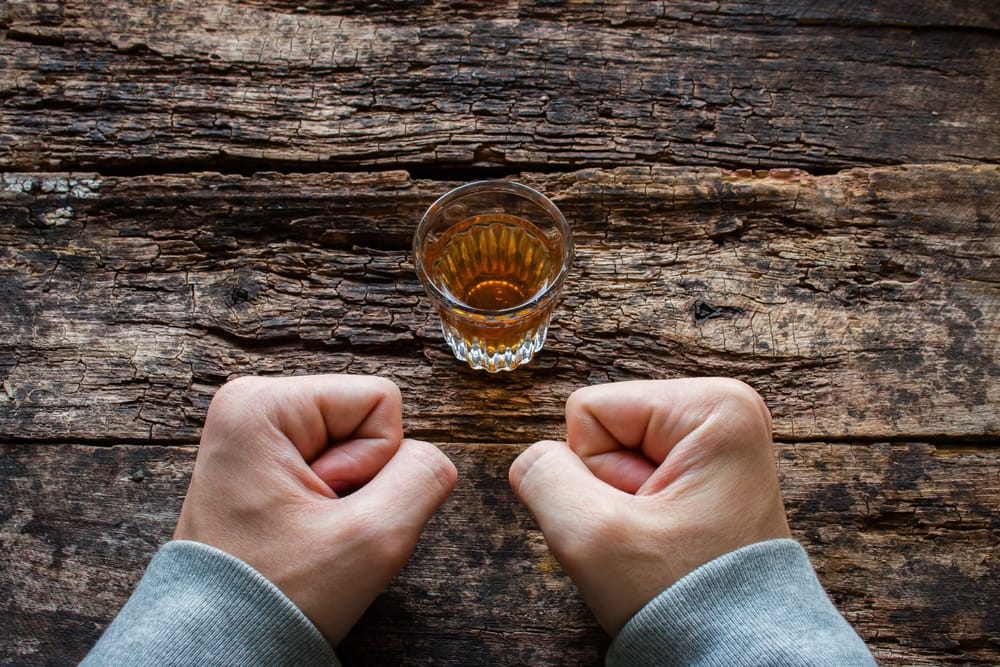Addiction Treatment
Tips For How To Avoid Alcohol Relapse

Written By:

Table of Contents
The recovering alcoholic who falls off the wagon is a common character in popular culture. Depictions of this character show him succumbing to some stressful event with an alcohol binge. Afterward, he cleans himself up and never has another drop of alcohol. This simplistic depiction ignores the challenges that recovering alcoholics face after they have achieved sobriety. The risk of relapse is an ever-present companion. Recovery is a constantly on-going process. A battle to be fought each and every day. Recovering alcoholics who remain aware of this risk have a better chance of avoiding a relapse when they follow well-known tips and strategies for how to avoid alcohol relapse.
How to Avoid Alcohol Relapse
After receiving alcohol addiction treatment, the first strategy is to stay away from triggers that can cause a recovering alcoholic to seek a drink. For some recovering alcoholics, the mere presence of alcohol is a trigger. For others, certain social situations, relationships, or even geographic locations will bring back memories that urge the recovering alcoholic to have a drink. Emotional triggers, including stress or anger, may be more difficult to avoid. The best way of staying away from these triggers is to remain aware of them and the temptations that they present. Sometimes, awareness of an external trigger is enough to help a recovering alcoholic to prevent a relapse.Some recovering alcoholics will exhibit preliminary tendencies that make them more susceptible to relapses. They might begin to skip support group meetings, reminisce about some of the better times they had while they were drinking, or they might convince themselves that they can handle just one drink. After substance abuse treatment, successful long-term recovery from alcoholism will require an alcoholic to shift his focus away from himself. Recovering alcoholics that gradually turn back to an inward focus will slowly lose the benefits of a balanced life. This can make them more prone to relapse. A recovering alcoholic might not recognize these tendencies in themselves. This is where support groups can see them develop and can help teach them how to avoid alcohol relapse.
Stay Committed to Recovery Programs
Continuing with recommended therapy and participating in support groups will also help those in recovery to avoid alcohol relapse. Committing to a prolonged recovery with continued therapy is one of the best ways how to avoid alcohol relapse. Detox and rehab programs that help an alcoholic through an early period of sobriety are only the beginning. For many recovering alcoholics, recovery is a lifelong process of recovery. The 28 days that a recovering alcoholic spends in rehab will do little good if he does not remain committed to staying sober when he checks out of the program. That commitment is best maintained with regular therapy and support from other recovering alcoholics who are experiencing a similar struggle.Alcoholism is often a response to a deeper psychological problem. For example, If an alcoholic is suffering from depression or anxiety he may be using alcohol to self-medicate that problem. Treatment for alcoholism should also consider whether an individual is experiencing other problems that should be addressed at the same time. Unfortunately, failure to address those problems will expose a recovering alcoholic to greater relapse risk. Treating the entirety of the person is the best way to ensure there isn’t an alcohol relapse.
Please call the Last Resort Recovery Center near Austin, Texas, at 512-750-6750 for more tips and strategies to avoid relapse during recovery from alcoholism. We can provide a confidential assessment of your situation and recommend strategies that are specific to that situation, and that will work best for you.
